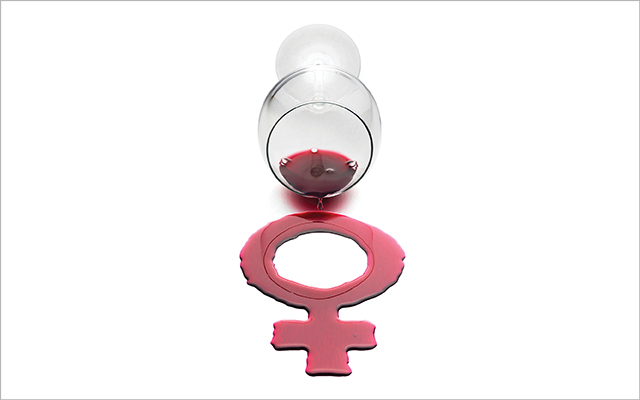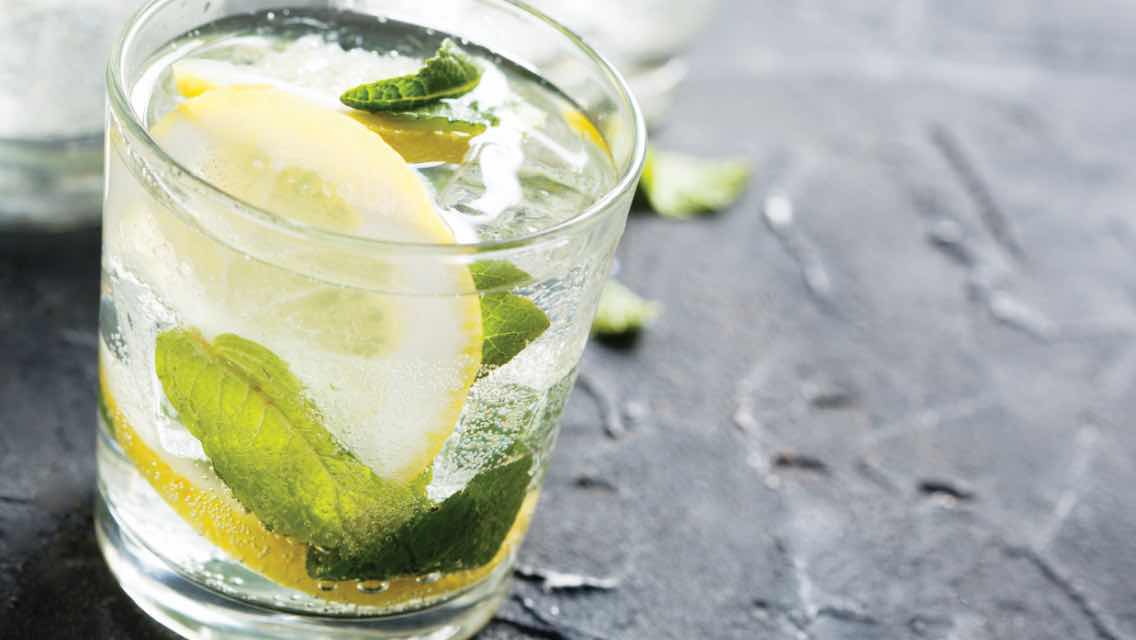For decades, researchers and public-health officials have struggled to reach some consensus on how much alcohol is too much, agreeing that excessive imbibing is harmful but often suggesting that moderate consumption of certain beverages may offer some health benefits. Recent research, however, argues that the only truly healthy approach is to abstain.
“Risk starts to go up well below levels where people would think, Oh, that person has an alcohol problem,” Tim Naimi, MD, MPH, tells the New York Times. “Alcohol is harmful to the health starting at very low levels.”
Naimi, director of the University of Victoria’s Canadian Institute for Substance Use Research, and other experts now believe that alcohol in any amount damages the body’s DNA, raising the risk of cancer and coronary artery disease. “It fundamentally affects DNA,” Naimi says, “and that’s why it affects so many organ systems.”
Alcohol consumption is linked to more than 75,000 cases of cancer in the United States each year, according to American Cancer Society (ACS) research. Drinkers run a higher risk of specific cancers, including head and neck, esophageal, liver, breast, and colorectal.
“If somebody drinks less, they are at a lower risk compared to that person who is a heavy drinker,” says Farhad Islami, MD, PhD, a senior scientific director at the ACS. “Even two drinks per day, one drink per day, may be associated with a small risk of cancer compared to nondrinkers.”
Earlier this year, Canadian health officials released new guidelines for alcoholic consumption, noting that health risks range from “low” for those who consume two drinks or fewer in a week to “increasingly high” for those who have seven or more per week. U.S. guidelines define “heavy alcohol use” as eclipsing 14 drinks in a week for men or seven for women.
The risk “really accelerates once you’re over a couple of drinks a day,” Naimi notes.





This Post Has 0 Comments